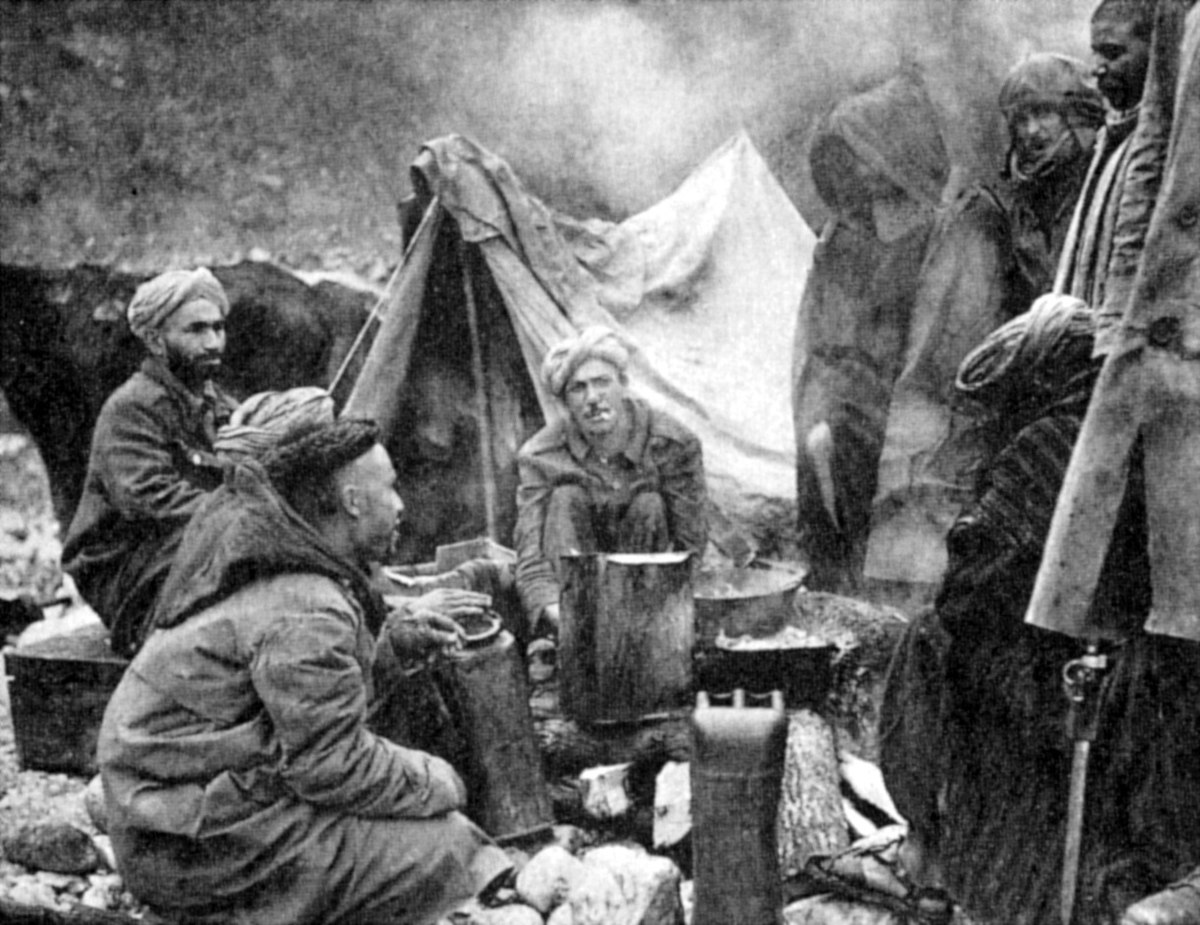Fair enough. As for 'working the land" I would say farming and fishing, mining no so much
I can see it.
Worth noting as far as the whole thing on "industry":
"Although the urban population more than doubled between 1890 and 1913, numbers engaged on the land remained about the same. Even on the even of the First World War, over three-fifths of the Japanese population was engaged in agriculture, forestry, and fishing..."
And France has agriculture accounting for "40 percent of the active population around 1910", so while these are not quite apples to apples, they are interesting.
